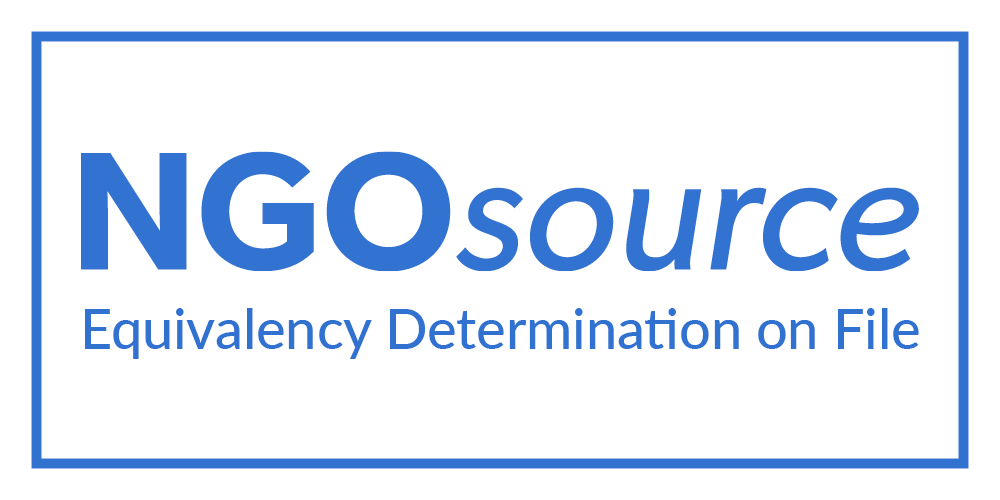Online civic space increasingly restricted in Senegal
The inauguration of the National Gendarmerie High Command Headquarters in Dakar was an opportunity for the President of Senegal Macky Sall, to once again blast social media, calling the platforms “new forms of disruption of public order and national destabilisation.” This statement, made in the presence of the cabinet and the security forces, comes a few days after the arrest of some citizens for “illegally disseminating documents” online, which is an attack on their freedom of expression and right to information.
After his election in 2012, Macky Sall’s first strong act against cyberspace players was to deport the well-known Chadian blogger and pro-democracy activist Makaila Nguebla from Senegal in May 2013.
Senegal’s head of State has taken a swipe at social media users on several occasions. From calling them “idle wanderers” “” (oisifs errants) or to simply describing cyberspace as a “lawless space.”
the president of the republic has never shied away from criticising social media. This time, however, unlike his other statements, he compared the ‘abuses’ seen on these digital platforms with the threats represented by terrorism, drug trafficking, maritime piracy, irregular migration networks, and so on.
the president of the republic has never shied away from criticising social media. This time, however, unlike his other statements, he compared the ‘abuses’ seen on these digital platforms with the threats represented by terrorism, drug trafficking, maritime piracy, irregular migration networks, and so on.
This is not the first time that the President of the Republic has made such a claim. In May 2021, during the inauguration of a regional hospital, he made thinly veiled threats to young people who through social networks show their commitment to civic responsibility, either through the good or often the bad.
Beyond the statements, on 3 February 2021 the head of State had instructed his government to put in place a ” regulatory and supervisory system specifically for social media”. At the time, AfricTivistes, like other organisations, warned that such a system would be “dangerous for democracy and freedom of expression” as it would be established outside the judicial system.
The government’s desire to regulate social media and the internet began in 2018 with the passing of the Electronic Communications Code by the National Assembly. Article 27 of this law caused controversy as it hinted at the threat of possible censorship of platforms such as Facebook, Twitter (X)…
However, it should be remembered that all cyber offences are already covered by current laws, including such legal provisions as the 2008 law on cybersecurity.
These repeated threats against the voices expressing themselves through social media were acted upon in early June and late July 2023 with internet curfew on mobile data during demonstrations that were violently repressed.
AfricTivistes strongly condemned this censorship of cyberspace in a series of press releases. Recently, several dissenting voices, notably pro-democracy activists and opinion leaders, have either been censored or sent to prison.
As a reminder, in August 2022, the late Pape Ibra Guèye, better known by his nickname Papito Kara, was arrested and remanded in custody for disseminating false news and deleting and modifying newspaper data. His arrest follows the satirical distortion of the front page of the newspaper “L’Observateur”.
On 07 December 2022, Fadillou Kéita, a member of Pastef, the dissolved party of opposition politician Ousmane Sonko, was also arrested by order of the public prosecutor following a post on Facebook for spreading false news.
A few months later, rapper Mor Talla Guèye, alias NitDoff, was arrested for spreading false news, contempt of court and death threats against the judicial authorities. He was released on bail on 16 October after eight months in prison.
Ndeye Fatou Fall, known as Falla Fleur, a web activist, was arrested on 30 May 2023 at her workplace by members of the Criminal Investigation Division (DIC) and subsequently remanded in custody.
Detained since 7 June for ” actions and manoeuvres likely to compromise public security through publications on social media”, she was released on 6 November. This incomplete list is representative of the censorship that reigns in Senegalese cyberspace, while such arrests continue.
Article 8 of the Senegalese Constitution guarantees fundamental individual freedoms to all citizens, including freedom of opinion and expression. This is reiterated in Article 10, which states that everyone has the right to freely express and disseminate their opinions through speech, writing, images and peaceful marches, provided that the exercise of these rights does not undermine the honour and reputation of others, or public order.
These principles are also protected by Article 19 of the International Covenant on Civil and Political Rights and Article 9 of the African Charter on Human and Peoples’ Rights.
AfricTivistes strongly condemns all forms of illegal censorship on the internet, in particular those that have a disproportionate impact on freedom of expression, freedom of information and freedom of assembly. We also deplore the fact that there are no effective domestic or regional enforcement measures to ensure that the authorities uphold these rights.
We encourage the government of Senegal to respect fundamental rights and freedoms in a pre-electoral context as the country holds its presidential elections in February 2024. We also urge the government to honour its regional and international commitments to guarantee citizens’ rights and a peaceful, transparent and inclusive electoral process.



![[Guinea-Bissau]: Joint Statement from Human Rights Defenders Against the Confiscation of Popular Will !](/static/8552596543d1c00bc73e662f85c0a62f/fce2a/Capture-decran-2025-12-01-a-16.34.43.png)
![[Guinée-Bissau] Joint Declaration – Afrikajom Center and AfricTivistes both firmly condemn the military takeover and warn of the risk of a political crisis !](/static/4d5ad12346b3ef8c55278621c445488b/9e635/Putsch-Guinee-2.jpg)

![[Tanzanie] 🇹🇿 AfricTivistes strongly condemns violent suppression in Tanzania](/static/adf91a1c13cd101f988b6b6971928880/9e635/TZN.jpg)
![[Cameroon] AfricTivistes condemns violent repression, urges govt to uphold rights !](/static/6399a9d8e94e3ae1f681f86178520d96/9e635/WhatsApp-Image-2025-10-27-at-15.32.48.jpg)



![[Madagascar] Generation Z, the driving force of civic awakening!](/static/9072e289fdab44c062096dcfb9499441/9e635/4-2.jpg)




![[Tanzanie] 🇹🇿 AfricTivistes strongly condemns violent suppression in Tanzania](/static/adf91a1c13cd101f988b6b6971928880/0f5ce/TZN.jpg)
![[Guinea] Senegalese civil society organisations call on Senegalese authorities regarding the abductions of activists, journalists, and political leaders in Guinea !](/static/ec01b5697beca8070e4d2e439cb81ce2/f054e/8-1.png)
![[Burkina Faso] Obstruction of Civic space](/static/e3ee81b0f2834a27b2aaa5f0cacd0a09/0f5ce/WhatsApp-Image-2025-04-11-at-19.12.13-1-2.jpg)

